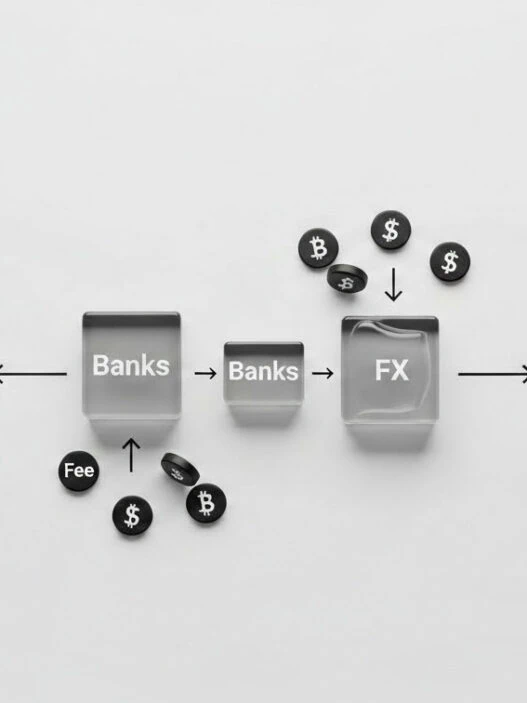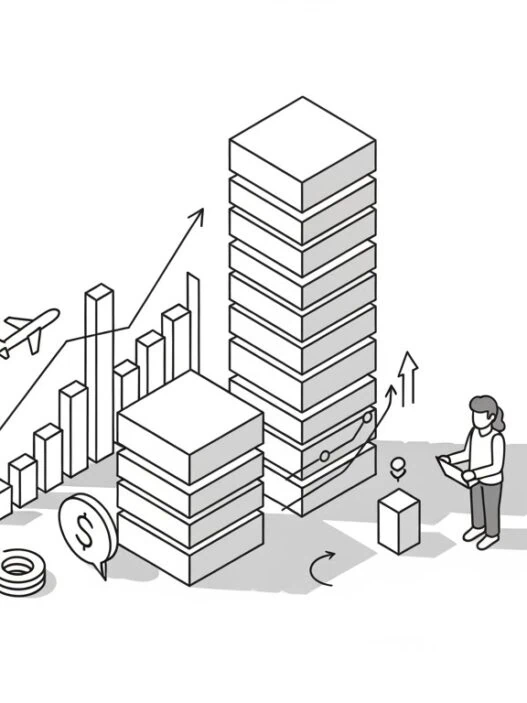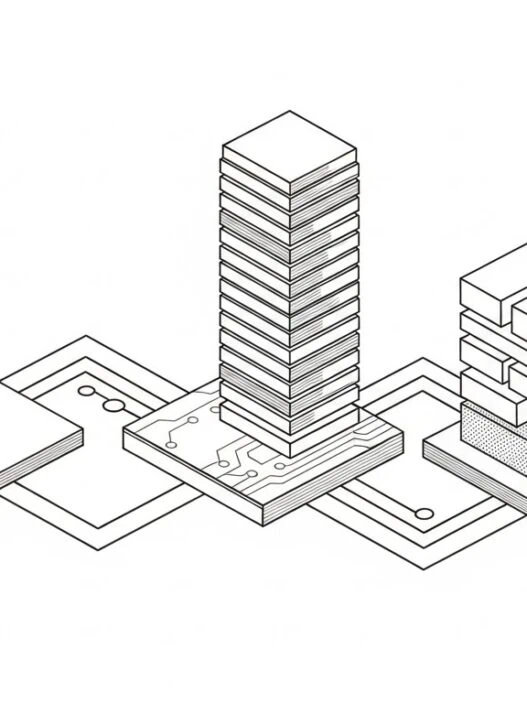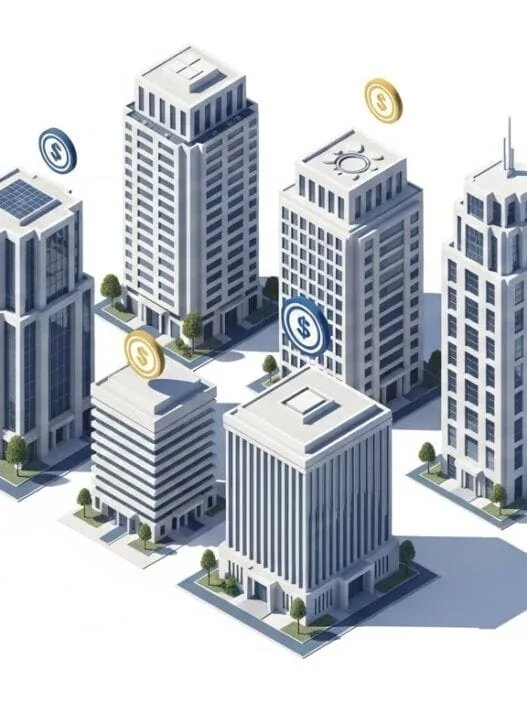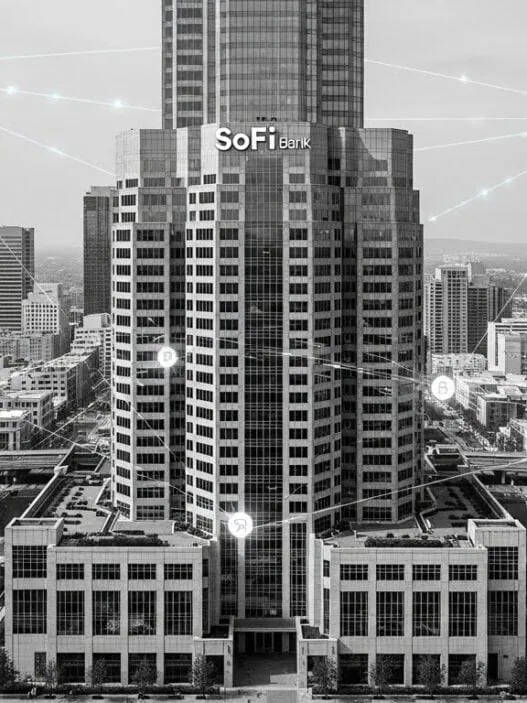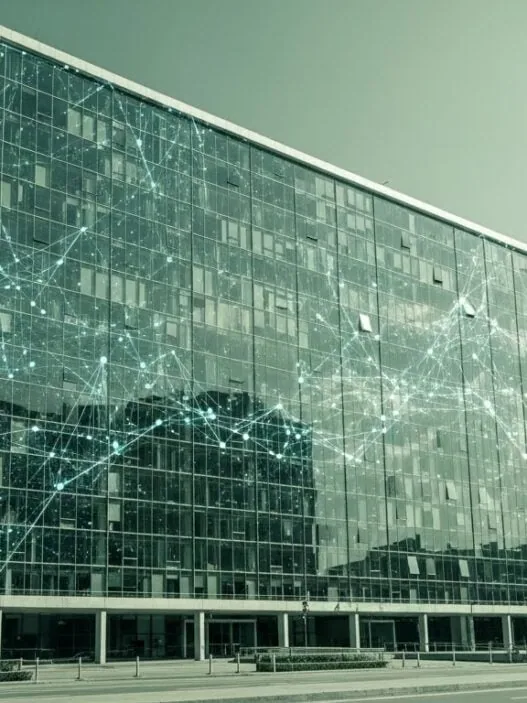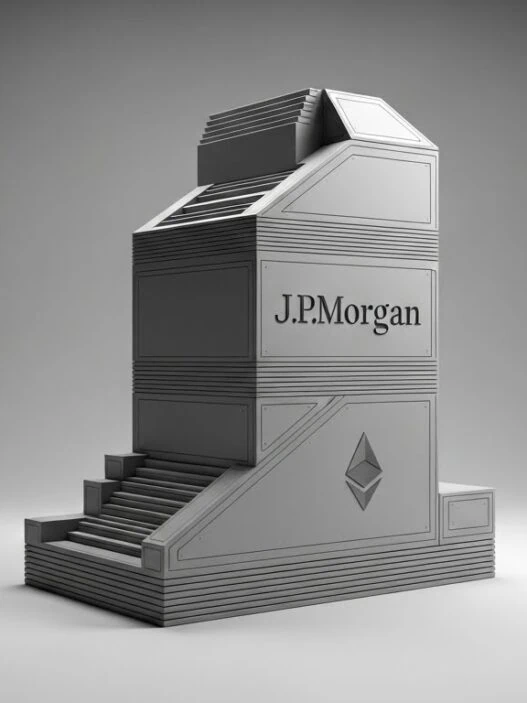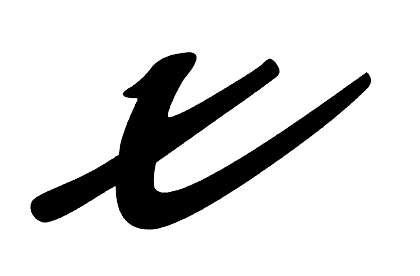What is DAO? Discover what DAOs are, how they work, and why they’re reshaping governance and investment in Web3.
What Is a DAO? The Essential Definition
The concept breaks down into three fundamental components:
- Decentralized: Control and decision-making distribute across the membership rather than centralizing within a small leadership group.
- Autonomous: Smart contracts execute organizational rules automatically when specific conditions meet predetermined parameters.
- Organization: Members unite around shared objectives, whether investing capital, supporting projects, or building communities.
Unlike conventional organizations, DAOs encode their operational rules directly into blockchain-based smart contracts. This innovation creates unprecedented transparency, security, and trust among participants who may never meet face-to-face.
The evolution of decentralized autonomous organization began with conceptual roots in early blockchain discussions but truly emerged as a viable organizational model around 2016 with “The DAO,” an early investment vehicle built on Ethereum. Despite its eventual failure due to a code vulnerability, this pioneering experiment ignited worldwide interest in decentralized governance models.
Today, decentralized organizations represent a thriving ecosystem with billions in managed assets and hundreds of thousands of active participants. Their evolution continues as communities develop increasingly sophisticated approaches to decentralized decision-making and resource allocation.
How DAOs Work: The Technological Foundation
These decentralized entities function through a sophisticated technological framework that enables their unique operational capabilities. The blockchain serves as the foundational infrastructure, providing immutable record-keeping and transparent execution of all governance activities.
Smart contracts—self-executing code deployed on blockchain networks form the operational backbone of any DAO. These contracts automatically enforce organizational rules and execute decisions when specified conditions occur. For example, when members vote to allocate funds to a project, the smart contract automatically transfers those funds once the vote passes the required threshold.
Most decentralized communities distribute governance tokens to their members, with each token representing voting power within the organization. Members propose initiatives through on-chain mechanisms, followed by community voting where each proposal requires sufficient support to pass. Once approved, smart contracts execute the decision without requiring trust in any individual or authority.
The technological architecture creates several distinct advantages:
- Transparent Operations: Every transaction, vote, and decision remains permanently visible on the blockchain
- Borderless Participation: Anyone with internet access can potentially join and contribute
- Reduced Corruption Risk: Automated execution eliminates opportunities for individual manipulation
- Aligned Incentives: Token ownership creates direct economic alignment between individual and collective success
Chainalysis explains that this technological framework fundamentally reimagines how people coordinate and collaborate, removing traditional barriers to collective decision-making and resource allocation.

7 Use Cases of DAOs
DAOs demonstrate remarkable versatility across numerous domains, transforming traditional organizational models through decentralized governance. The following examples showcase their diverse applications:
1. Investment DAOs
Investment DAOs pool capital from members to make collective investment decisions. Platforms like MetaCartel Ventures enable participants with modest individual resources to join forces for significant investment opportunities. These entities democratize venture capital by allowing broader participation in early-stage funding rounds traditionally reserved for accredited investors.
2. Protocol Governance
Many decentralized finance (DeFi) protocols utilize DAO structures to govern their development and operations. Compound’s governance model exemplifies this approach, empowering token holders to propose and vote on critical protocol parameters, upgrades, and treasury allocations. Similarly, Uniswap DAO oversees one of the largest decentralized exchanges, setting fee structures and managing strategic upgrades based on community consensus.
3. Creator Collectives
Artists and creators increasingly form DAOs to collaboratively produce and monetize content. Friends With Benefits represents a successful creator DAO combining cultural curation with economic collaboration, generating value through collective content creation, token appreciation, and exclusive access models.
4. Service DAOs
Professional service DAOs assemble distributed talent pools offering specialized skills to clients. Organizations like LexDAO provide legal services through decentralized networks of legal professionals, while others focus on software development, design, or consulting services.
5. Social Impact DAOs
Impact-focused DAOs channel collective resources toward public goods and social causes. Gitcoin, while not strictly a DAO itself, utilizes quadratic funding mechanisms to support open-source software development and other public goods through community-directed funding. A striking real-world example of this model in action was seen during the early days of the war in Ukraine, where UkraineDAO successfully raised millions in crypto donations to support humanitarian aid and defense efforts, demonstrating how DAOs can mobilize quickly and transparently in times of crisis.
6. Collector DAOs
Communities form DAOs to collectively purchase and manage valuable assets, particularly in the digital realm. FalmingoDAO exemplifies this model by acquiring significant NFT collections that would be unattainable for most individual collectors, sharing ownership across the membership.
7. Physical Asset DAOs
Emerging DAOs now extend into physical asset ownership and management. CityDAO pioneered this approach by purchasing land in Wyoming under collective ownership, while other DAOs focus on real estate portfolios, physical art collections, or infrastructure projects.
These applications demonstrate how DAOs revolutionize coordination across virtually every economic sector by aligning incentives and distributing both control and benefits across their membership.
Key Advantages and Limitations of DAOs
These decentralized organizations offer compelling benefits alongside important considerations that potential participants should understand. Their unprecedented transparency creates immutable blockchain records of every transaction and decision, significantly reducing conflicts and ensuring accountability. By removing geographical barriers, they enable global participation, allowing affluent individuals worldwide to collaborate around common objectives—particularly valuable in specialized luxury markets with dispersed enthusiasts.
The automation of administration through smart contracts eliminates many traditional organizational costs, directing more resources into asset acquisition rather than operational overhead. Additionally, token-based governance creates direct economic alignment between individual and collective interests, offering sophisticated dual-return potential as members benefit from both asset appreciation and token value increases.
Despite these advantages, decentralized organizations face significant challenges. Regulatory uncertainty persists despite pioneering legislation in Wyoming and other jurisdictions, creating compliance challenges for global operations. Smart contract vulnerabilities present serious security risks, necessitating sophisticated audits and multi-signature safeguards. Many of these communities struggle with low voter participation, potentially undermining their decentralized ethos, while their deliberative decision-making processes may disadvantage them in time-sensitive opportunities—particularly concerning in competitive luxury markets.
The DAO ecosystem continues evolving rapidly. We’re seeing regulatory frameworks maturing globally, more sophisticated treasury management strategies preserving capital while generating yield, and hybrid governance models combining token-based voting with specialized committees. Advanced identity solutions are also emerging that address both regulatory requirements and exclusivity expectations common in luxury markets.
As Investopedia notes, “DAOs represent one of the most significant innovations in organizational design since the limited liability corporation.” These structures transform traditional organizational frictions into programmable systems, creating powerful new vehicles for collective asset management where participants maintain governance rights traditionally reserved for institutional players.

Conclusion: The Future of DAOs
As we look toward the future, DAOs stand at the frontier of organizational innovation, representing a fundamental shift in how people coordinate and collaborate around shared objectives. These decentralized structures are rapidly evolving beyond their experimental origins into sophisticated governance systems managing significant assets and initiatives across diverse sectors.
For investors, creators, and communities alike, DAOs offer unprecedented opportunities to participate in collective decision-making and value creation without traditional hierarchical constraints. The transparency, global accessibility, and aligned incentives inherent in well-designed DAOs create powerful new possibilities for resource allocation and community building in the digital age.
While challenges around regulation, security, and governance efficiency remain, the DAO ecosystem continues to develop innovative solutions that address these limitations. As blockchain technology matures and more organizations adopt these models, we can expect DAOs to increasingly influence mainstream organizational structures and challenge conventional notions of ownership and governance.
Whether you’re a seasoned crypto enthusiast or simply curious about new models of human coordination, understanding DAOs provides valuable insight into how Web3 technologies are reshaping our economic and social landscape. The decentralized future is unfolding now, and DAOs stand at its center, reimagining what’s possible when we combine blockchain technology with human ingenuity.
Frequently Asked Questions (FAQ)
How do I join a DAO?
Joining a DAO typically involves purchasing the organization’s governance tokens on cryptocurrency exchanges or directly through the DAO’s platform. Some DAOs also offer membership through contribution-based models where you can earn tokens by providing valuable services or resources to the community.
Are DAOs legally recognized entities?
Legal recognition varies by jurisdiction. Wyoming was the first U.S. state to recognize DAOs legally through LLC registration. Other regions are developing frameworks, but most DAOs currently operate in regulatory gray areas. Many establish legal wrappers (like foundations or LLCs) to interface with traditional systems.
How do DAOs make money?
DAOs generate revenue through various mechanisms depending on their purpose. Investment DAOs earn returns on their portfolios, protocol DAOs may collect transaction fees, service DAOs charge for professional work, and collector DAOs benefit from asset appreciation. Many DAOs also manage treasuries that generate yield through DeFi strategies.
What happens if a DAO gets hacked?
If a DAO experiences a security breach, the response depends on the governance structure. The community typically votes on remediation steps, which might include code fixes, compensation plans, or protocol forks. Advanced DAOs implement multi-signature wallets, insurance protocols, and timelocks to mitigate damage from potential exploits.
Can DAOs replace traditional companies?
While DAOs offer innovative alternatives to certain organizational functions, they complement rather than entirely replace traditional structures in the near term. DAOs excel at coordinating distributed stakeholders around shared resources but may face challenges with activities requiring centralized execution or strict confidentiality. Hybrid models incorporating both traditional and decentralized elements are becoming increasingly common.
How do DAOs handle disagreements?
Governance disagreements in DAOs typically resolve through formal voting processes. When major conflicts arise, communities may implement dispute resolution mechanisms or, in extreme cases, split into separate organizations through what’s known as a “fork.” Many DAOs are developing more sophisticated governance systems that include delegation, specialized committees, and graduated voting thresholds to better manage community disagreements.
What’s the minimum investment to participate in a DAO?
Entry costs vary widely across different DAOs. Some require substantial token purchases for full participation, while others maintain low barriers to entry. Social DAOs might charge membership fees ranging from hundreds to thousands of dollars, while fractional investment DAOs allow participation with minimal capital. Many DAOs also offer non-financial contribution paths to membership.
How do I start my own DAO?
Creating a DAO involves defining your purpose, choosing a blockchain platform, designing governance mechanisms, creating tokens, and building community. Tools like Aragon, DAOhaus, and Colony offer frameworks for deploying DAOs without extensive technical knowledge. However, developing a successful DAO requires careful attention to governance design, security considerations, and community building.
Want to learn more about innovative approaches to business and technology?
Explore our related guide on securing digital assets: Crypto Wallets for High Net Worth Individuals in 2025













